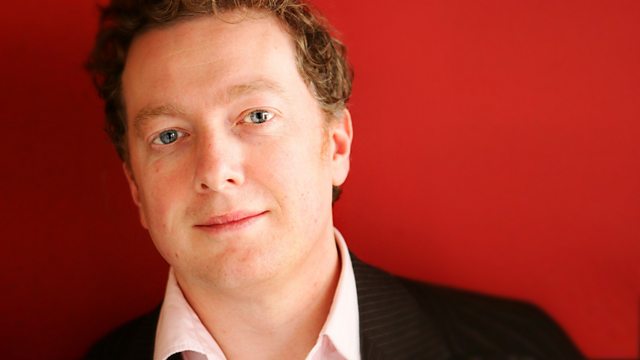
The Future of A Levels
Matthew Sweet chairs a round-table of teachers, academics, students and a former secretary of state for education for a debate about the future of A levels.
Matthew Sweet chairs a round-table of teachers, academics, students and a former secretary of state for education in a programme dedicated to answering the question: What is the future of A levels - and are they really still fit for purpose?
The Advanced Level General Certificate was introduced in 1951 and soon became accepted as the educational gold standard, considered to be the top-drawer qualification comparable with the French Baccalaureate and the German Abitur. But in recent times that gold standard is seen by some as being tarnished, with more pupils than ever achieving the top grade.
So have A level students become cleverer or are the exams getting easier? Does the qualification still provide a proper currency between schools and universities? And, more fundamentally, what is an exam at age 18 meant to test and if A levels aren't the answer any more, then what is? A diploma of some sort - or even the French baccalaureate?
Tackling these issues are, among others, former education secretary Estelle Morris, vice-chancellor of South Bank University Deian Hopkins, Prof Alan Smithers of Buckingham University, Prof Mary Beard of Cambridge University as well as A level students and teachers.

